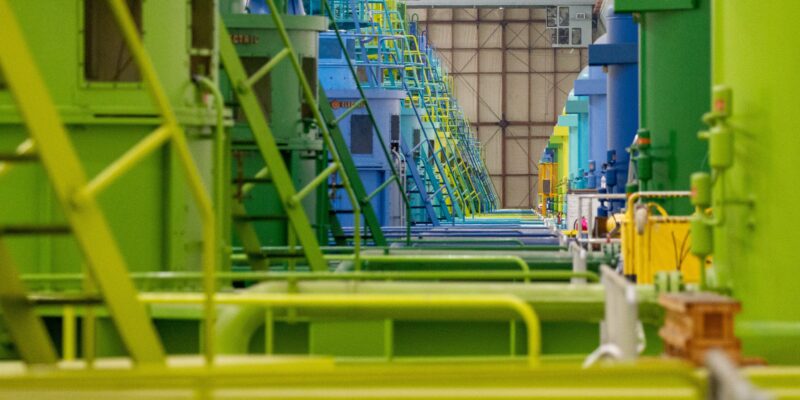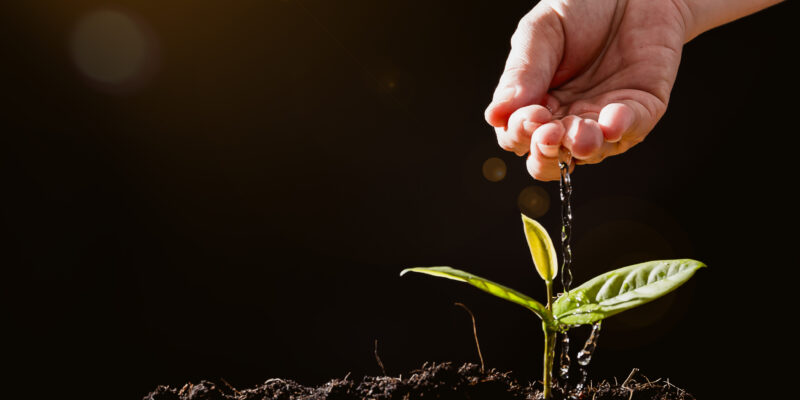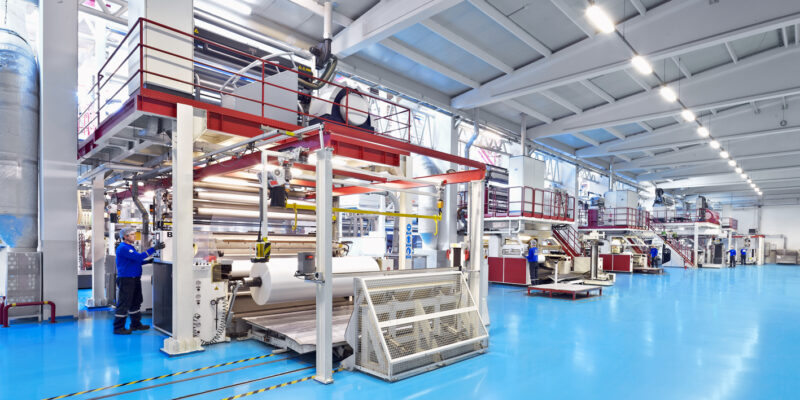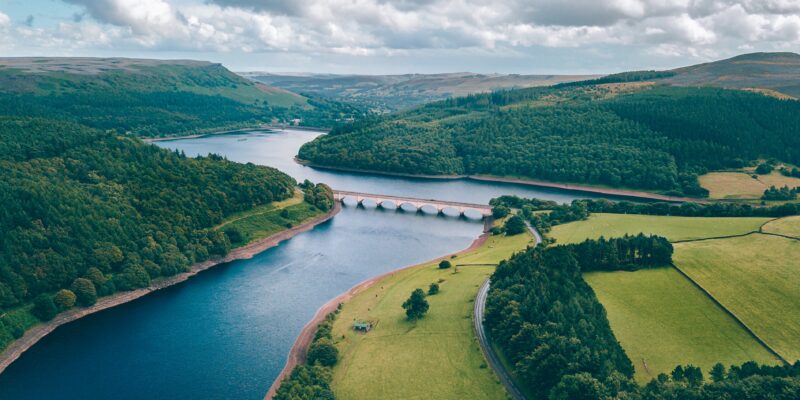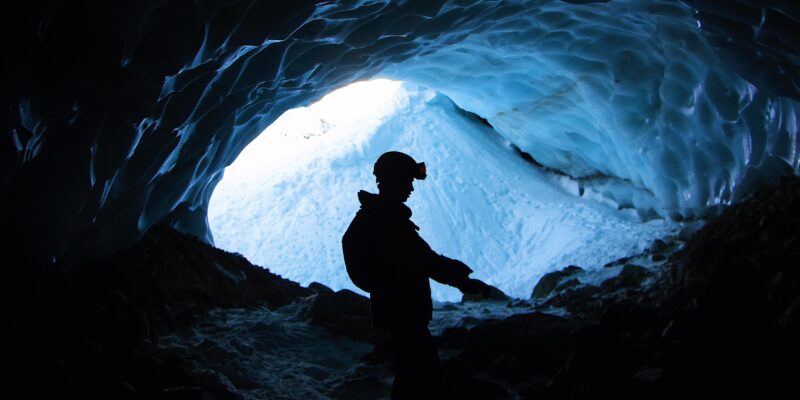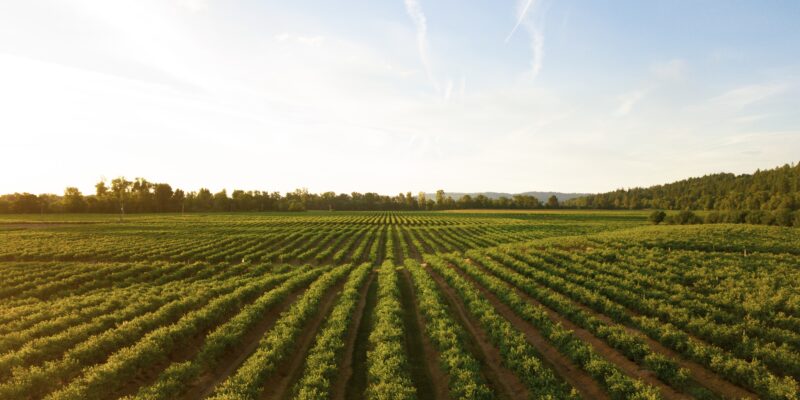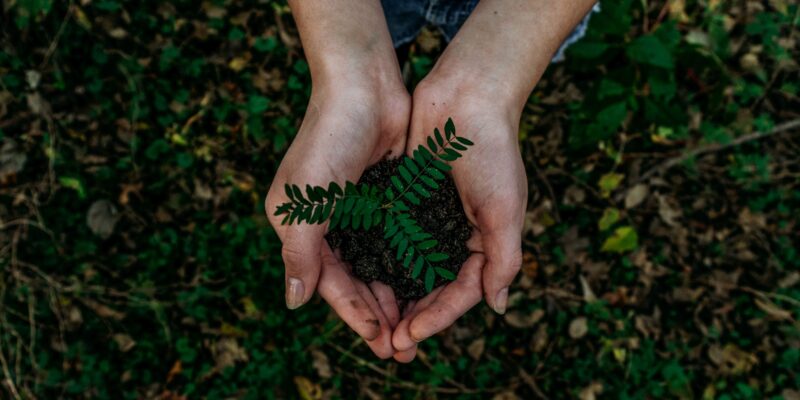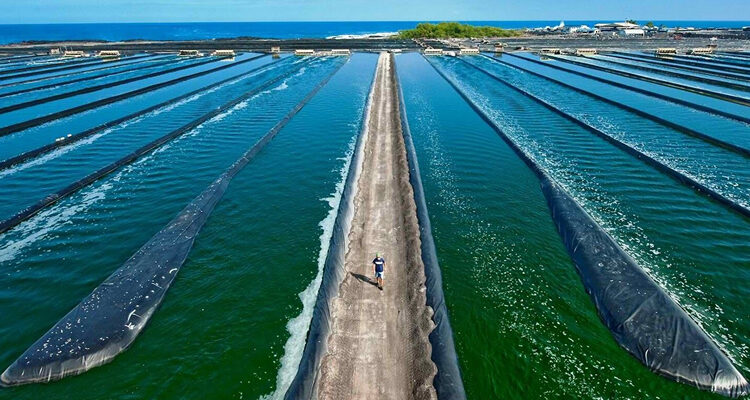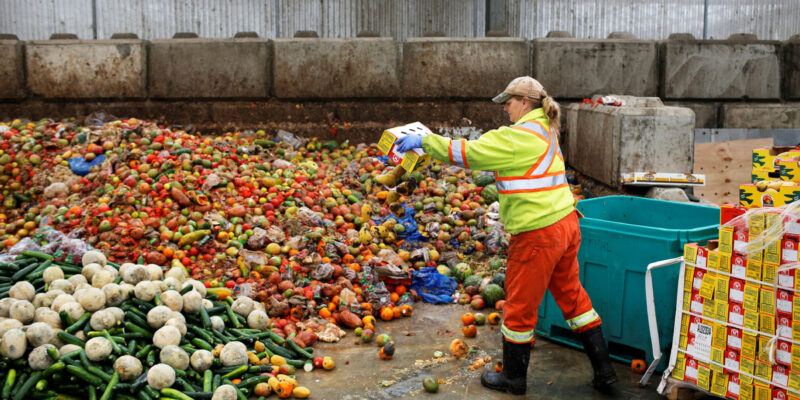The project is implemented by the Ministry of Industry and Technology, TUBITAK and KOSGEB with the support of the World Bank. As a technical consultant in the “Turkey Green Industry Project – Component II” project, GTE prepared the Environmental and Social Management System and Projects User Manual.
With the project, it is aimed to ensure the green transition of industrial enterprises in line with the new requirements in export markets such as the World Bank, CBAM, Green Consensus for R&D and innovation projects related to the green transformation of the industry.
